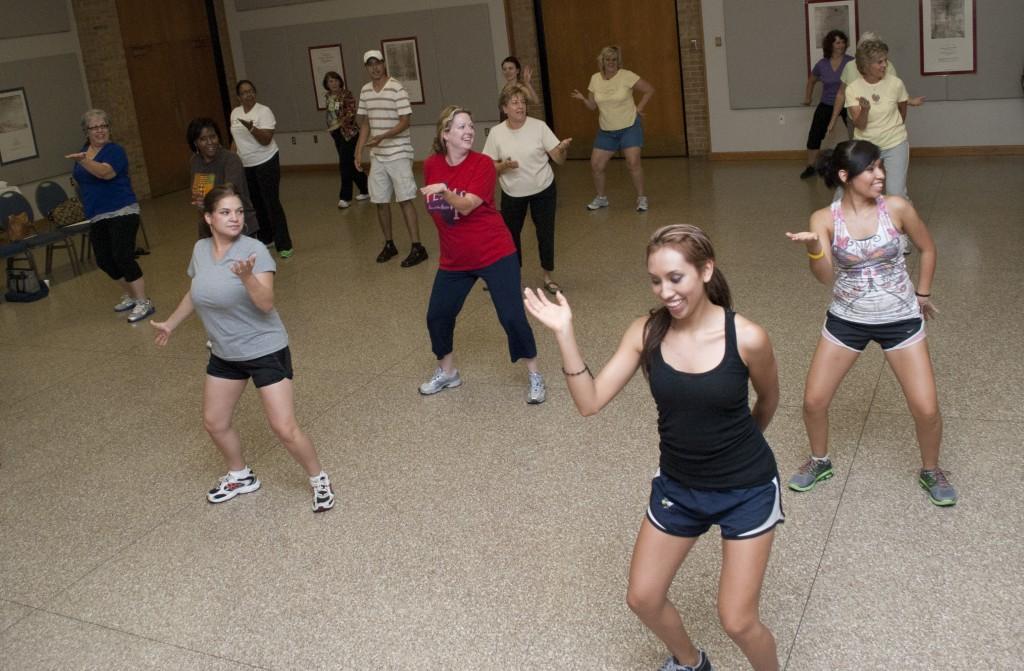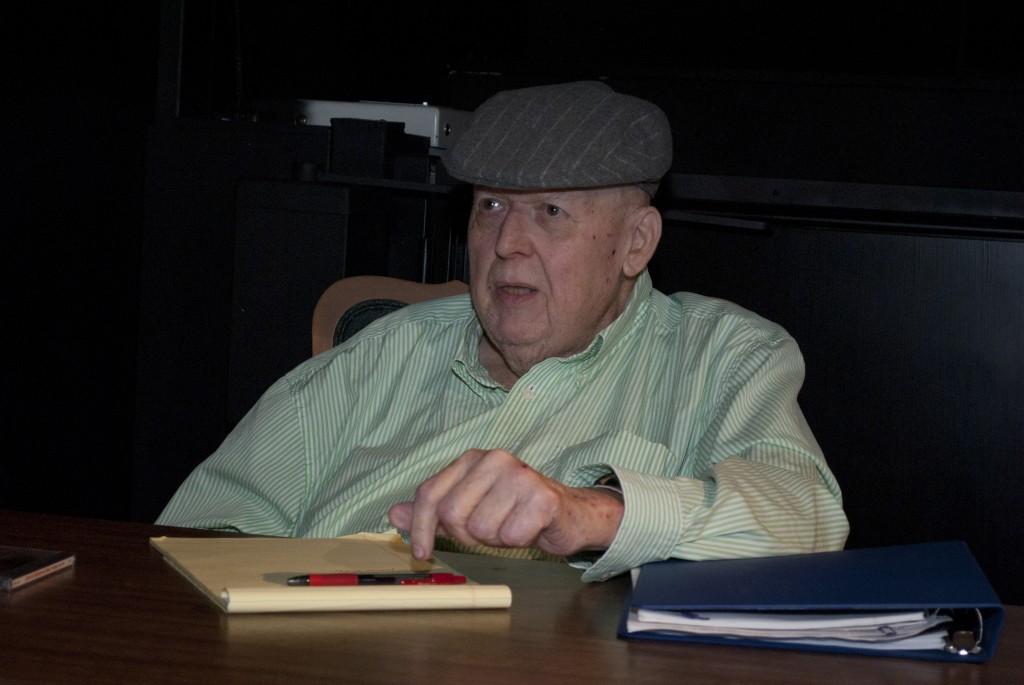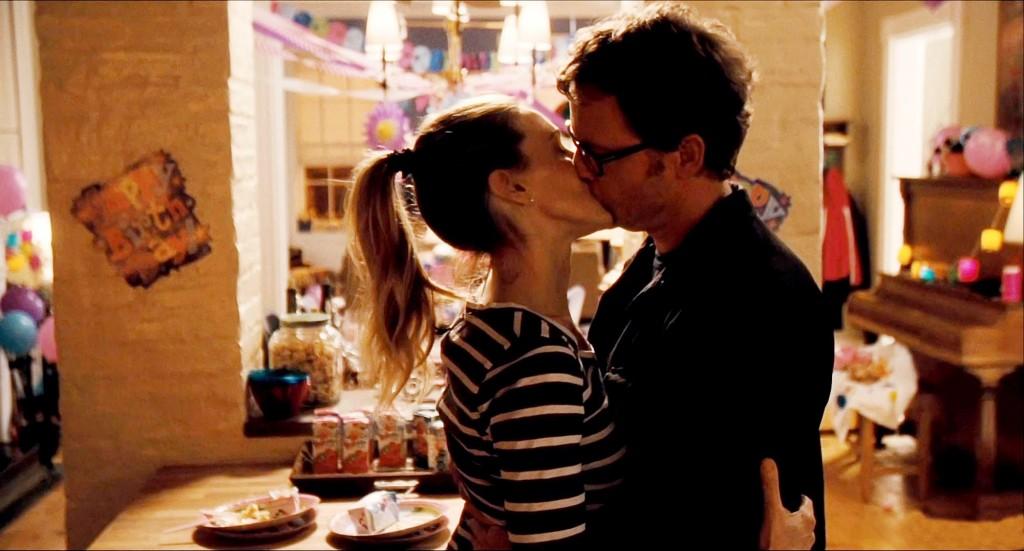By Taylor Jensen/reporter
It is a very real possibility that students learn to be helpless, a NW counselor said Sept. 14 during What Do You Say When You Talk to Yourself?
As part of the NW Student Success Conference, Joe Reed, who also teaches sociology, said self-talk and the right kind of positive thinking can launch students toward success.
“Most information starts off as information and then turns into a theory,” he said. “You have to then apply that theory and apply what you learn.”
Reed then raised a question to the students: “Is your present way of thinking positive?”
Studies indicate the average person focuses more on their limitations than on their potential, Reed said. This is the theory of learned helplessness, an experiment by Martin Seligman in which a shock and a bell tone were simultaneously applied to dogs to observe their reactions.
The frequently shocked dogs were then put into shuttle boxes where they could easily escape. Reed said the bell and shock were applied to no avail. The conditioned dogs remained still, too accustomed to the shock to even attempt an escape.
This negative acceptance has now been applied to human behavior with the idea that from a young age, the beliefs inflicted upon people by their peers and the opinions of others directly coincide with people’s actions and their views of themselves, Reed said. If people have always been subjected to negative beliefs, it is possible they will resort to negativity within themselves, he said.
“There is a difference between your brain and your mind,” he said.
The idea is that a brain can be reprogrammed and that it simply does what one tells it, Reed said. Socialization is the process of programming one’s brain or scripting one’s life. People don’t have to live by the script of the brain. They can change it, but it won’t be easy.
It’s about knowing what people are capable of and not focusing fully on what they cannot do, Reed said. All people have limitations, but they have to be strong enough to push beyond them as much as possible. It’s the unfortunate reality that if people never try for excellence because of fear of failure, they lose all chances of it entirely, he said.
Reed said people have to question their motives and try thinking positively, even when it’s difficult.
“You have to get to know you,” he said.


























